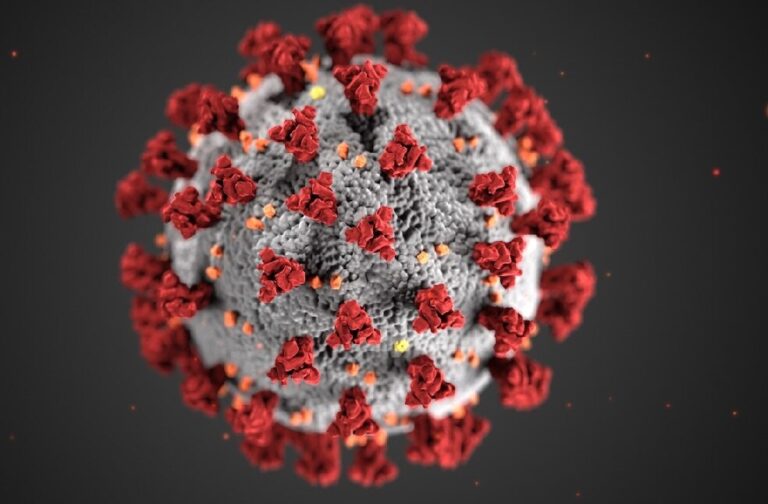United States: Research found that tissue samples from the autopsies of persons who died with COVID-19 reveal SARS-CoV-2 virus spreads throughout the body, including the brain, and persists for approximately eight months.
The US National Institutes of Health (NIH) researchers examined autopsy samples collected between April 2020 and March 2021. They thoroughly sampled the neurological system, including the brain in 11 of the patients. None of the patients was immunized, and they all passed away from COVID-19.
38 patients’ blood plasma tested positive for SARS-CoV-2, three patients’ blood plasma tested negative, and three patients’ blood plasma was not available. The median age of the patients was 62.5 years, and 30 percent of them were female. 16 patients had three or more comorbidities. The median interval from symptom onset to death was 18.5 days.

According to the study, which was published in the journal Nature, SARS-CoV-2 largely infected and harmed lung and airway tissue. In addition, researchers discovered viral Ribonucleic acid (RNA) in 84 different body locations and bodily fluids. In one instance, they extracted viral RNA 230 days after a patient’s symptoms started.
They detected SARS-CoV-2 RNA and protein in the hypothalamus and cerebellum of one patient and in the spinal cord and basal ganglia of two other patients. However, the research reveals little harm to brain tissue “despite substantial viral burden.”

Additionally, the SARS-CoV-2 virus was successfully isolated from a variety of tissues inside and outside the respiratory system, such as the adrenal gland, eye, brain, heart, lymph nodes, digestive tract, and lymph nodes. 25 out of the 55 tested specimens had a virus isolated from them (45 percent).
”We demonstrated virus replication in multiple non-respiratory sites during the first two weeks following symptom onset,” the authors of the study remarked.



